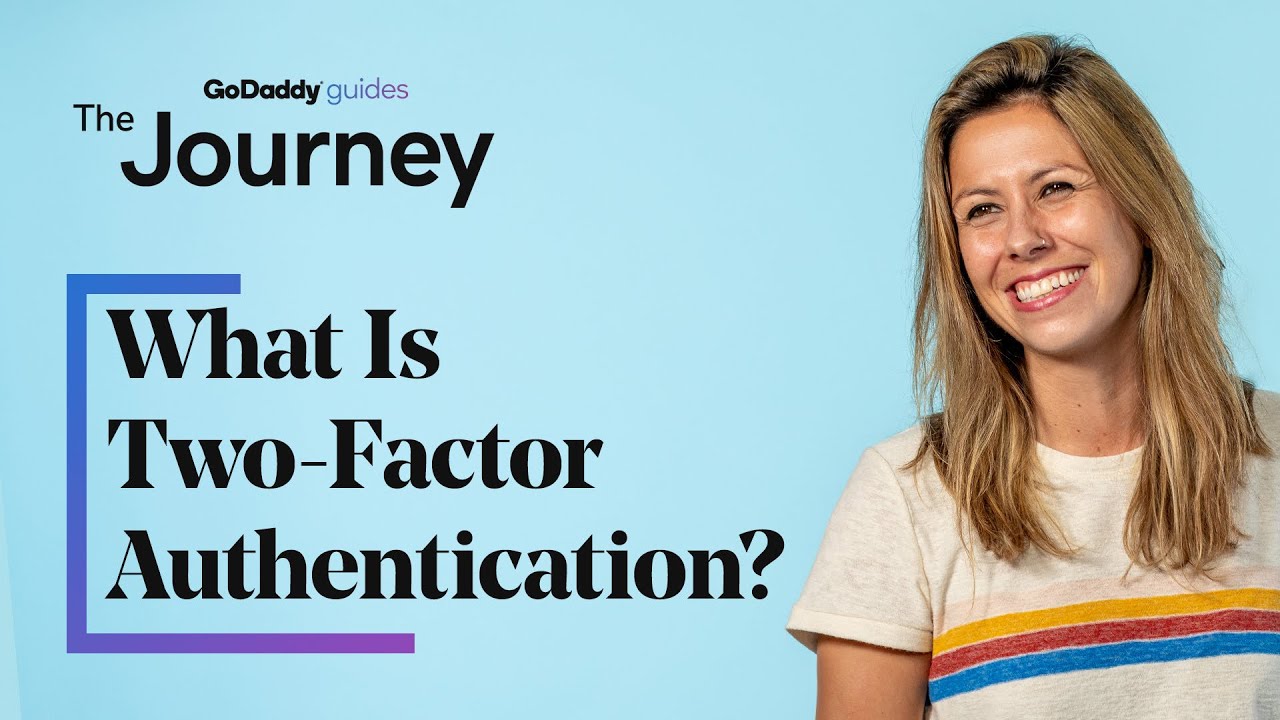Photo by cottonbro studio:
Your personal information is not just a series of letters, numbers, and characters. It is who you are. It is your money, your home, and your future. In this day and age with the news cycle reporting on yet another hacking event at a major company or scammers targeting your phone and email account daily, it can be overwhelming. Take action and take back control of your identity by following these essential tips to keep your personal information and property safe.
Use a Virtual Private Network
You have probably seen ads for Virtual Private Networks, or VPNs everywhere from the commercials at sporting events to the ones that pop up while you are scrolling through YouTube Shorts. If your interest is piqued, good. A VPN can help you protect your private data and information and prevent it from being sold to the highest bidder.
Use VPN Pro for your smartphone to safeguard your privacy. If you are taking a break at the local coffee shop or traveling for work, use a VPN to encrypt your connection. This is especially important to do when using a public wifi network as anyone can be lurking around in there with prying eyes and you want to keep everyone out.
Update Your Passwords
You already know this one. Your passwords need to be difficult to guess, long enough, and stored properly. In an ideal world, you would never need to remember complex passwords for almost 100 different accounts, but that is not the world we live in.
Here are a few tips to help you create a better password hygiene regimen:
- Always change your password upon creating an account with a stock password sent from the company you are accessing.
- Make your passwords long, unique, and avoid using anything sentimental or personally identifiable.
- Never answer “Get to know you” questions online that include your mother’s maiden name, the street you grew up on, or your first pet’s name, etc.
- Only enter passwords into sites you are certain are legitimate. Pay attention to emails from your financial institutions and type the URL into a browser instead of clicking on the link found in the email.
- Never give out your passwords online. No one else needs them, especially your bank. If someone is claiming to be from your bank, they already have access to your accounts and will never ask you for your password.
- Change your passwords at least every three months.
- Consider using a password manager to keep track of your passwords. Always research any company you engage with before entering your personal information.
- Enable two-factor authentication to add a layer of protection. Some of your older accounts may not have had this available when you set them up. Circle back and learn if this is an option for you. It is important to note: Change how texts pop up on your phone when locked. In order to make two-factor authentication actually work, you need to toggle settings on your smartphone to ensure text content is only visible after you log onto your smartphone – not on the lock screen.
Watch this video to learn more about two-factor authentication and tips for using it.

Protect Your Home
If you are a homeowner, you probably already have a smart home security system. (If not, this is your gentle reminder to install one. Once you have it in place, remember to use it.) Beyond that essential step, you need to protect the digital privacy of your home.
Take these necessary actions right away, they do not take a lot of time but can save you a headache later on.
- Blur your home on Google Maps. By taking the step to blur your home on this popular search engine, you might just deter would-be thieves who conduct their recon from laptops. Obscuring your home’s facade and entry points helps make your residence more work for criminals and less interesting. Once they see your home’s picture is unavailable for viewing, they will likely quickly move on to another target.
- Contact your local internet and phone provider and ask them if your property or name is published in the local phone book. Yes, phone books still exist and many people do not realize that fact. If you have not opted to have your name removed from publishing, it might be included along with your cell phone number and street address. If you still have a landline, it is commonplace for that to be published unless you pay an extra fee to remove it. Since many phone books are published and available online in addition to the old paper copies, your location is easy to access for anyone who wants to find you.
Create New Email Accounts
You need an email address to communicate both personally and professionally, even if you consider DMing or posting your favorite forms of exchanging information. You, also, need to protect your email.
To that end, you can follow these quick tips to safeguard your email address.
- Create an email address that is professional and from a reputable email provider, such as Gmail or Outlook. Use this address when communicating in professional settings and for personal emails.
- Set up an email account for newsletters. When you sign up for an online newsletter, your email address is aggregated and often sold to data brokers. This is one of the ways you receive unsolicited emails – because someone has benefited financially from selling your information without your approval.
- Finally, create an email address for job applications. This should be a professionally-sounding address, but different from your personal one mentioned in the first bullet point. Once again, many third parties help with job applications and recruitment only to sell the personal information gleaned from job applications.
Smartphones are everywhere and everyone has one. You surely do. Protect your assets and your privacy by using a VPN to secure what you value most – going about your business without anyone intruding with the intent to steal your data. From there, empower yourself by safeguarding your home and online presence. All you need to do is begin. Once you are finished, be safe online and make good choices.
Caroline is doing her graduation in IT from the University of South California but keens to work as a freelance blogger. She loves to write on the latest information about IoT, technology, and business. She has innovative ideas and shares her experience with her readers.




![‘Jay Kelly’ Review – Noah Baumbach Makes A Case For The Magic Of Movie Stardom [NYFF 2025] ‘Jay Kelly’ Review – Noah Baumbach Makes A Case For The Magic Of Movie Stardom [NYFF 2025]](https://cdn.geekvibesnation.com/wp-media-folder-geek-vibes-nation/wp-content/uploads/2025/11/Jay-Kelly-JKELLY_20240523_15320_C2_R-300x180.jpg)

